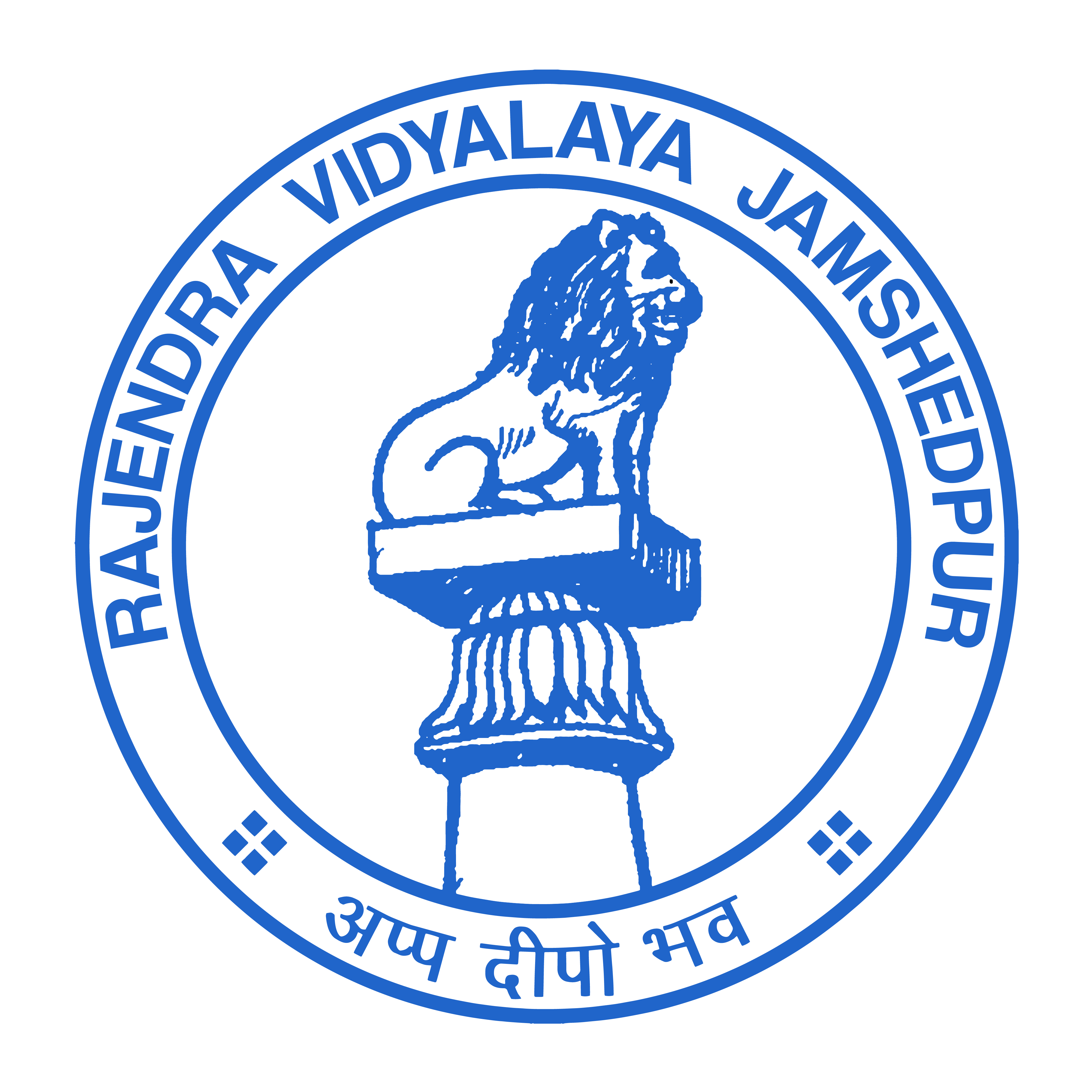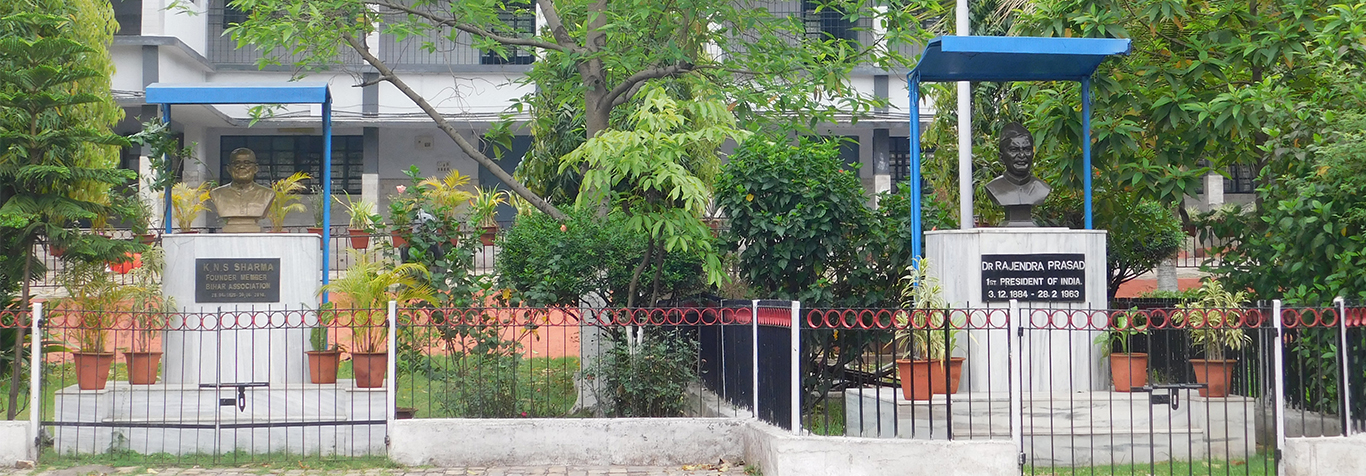Curricular
The school offers CISCE curriculum. The school is affiliated to the Indian Council for Secondary Education (ICSE). Formal Education is in accordance with the standards and guidelines prescribed by the ICSE (from I to XII).
The curriculum at all levels is flexible and incorporates latest trends in the dynamic education scenario. The curriculum prepares our students to meet the demands of modern day education enabling all round development to face global challenges.
The curriculum aims to enable children to: become successful learners who enjoy learning; successfully apply core concepts learnt from various subjects; understand texts of different subjects so as to communicate knowledge and ideas in ways specific to the subject; articulate thoughts and ideas effectively using oral, written and nonverbal communication skills in a variety of forms and contexts; use technology to access and provide information and to communicate with others; understand cross-curricular linkages- connect learning across subject areas; become confident individuals who are able to live safe, healthy and fulfilling lives; become responsible citizens who make a positive contribution to society; understand and apply knowledge to real life experiences; develop a sense of responsibility towards others; function successfully in the local and world community; respect diversity (in terms of religion, gender, regions, etc. and differences of opinions and beliefs); exhibit sensitivity towards environmental issues; learn to manage and utilise resources judiciously.
KINDERGARTEN
Enter the wonder kids of LOWER KINDERGARTEN LKG and UPPER KINDERGARTEN UKG who have so far been 'the apples of their parents' eyes. These twinkling stars will now illuminate the corridors of KNS WING, .THE PRIMARY BLOCK , of Rajendra Vidyalaya reveling under the cosseting, pampering, guidance and guardianship of the teachers who literally 'hold their hands' and escort them to the unique, exciting world of 'RV Kindergarten' which is colourful, musical, playful and activity oriented. Learning in the 'play way' method is RV culture.
The initiation of these 'Twinkling Stars' into the RV family is exhilarating and enterprising - in short 'a fairy-tale experience!'.
Young children enter preschool with a lot of curiosity, a sense of wonder and an eagerness to learn. They are attracted towards learning experiences that are engaging and pleasurable. Positive, concrete and hands-on experiences encourage young children to make choices, decisions, and explore their immediate environment. This helps them feel competent and confident. The Preschool curriculum developed by CISCE, is meant for an early childhood setting where three to five-year-old children receive age and developmentally appropriate early education.. The curriculum follows a holistic approach where practitioners support and scaffold children’s learning through enriched play experiences. The activities and play based experiences connect young children’s fascination with learning in every domain so that they can enjoy, learn and make the most of their time in preschool.
MIDDLE SCHOOL (VI – VIII)
From strokes to straight lines, rhymes to poems, play time to homework time, a significant transition it is, from Kindergarten to Primary. with a giant leap to reading, writing - a comprehensive academic training ensues.
At RV, a playful push from the kindergarten paves way for a heartwarming embrace from the primary teachers. Concern, consideration and care make life in primary a home away from home with constant monitoring, coaching and mentoring at every step.
At the primary stage, subject areas dealt with are English, Hindi (Second Language), Mathematics, Environmental Studies (EVS), Science, Social Studies, Computer Studies and Arts Education. English is treated as the first language and presented in a manner which takes into account multilingualism as a learning resource. Hindi is the second language .A third language SANSKRIT is incorporated from class IV, blending Indianism with Modernism. The teaching-learning would provide language as a tool to structure thought processes and to explore different realms of knowledge and imagination. Mathematics focuses on reasoning and conceptual at every stage. The approach of this subject would facilitate hands on experiences and enable children to link Mathematics with day to day life experiences. The Environmental Studies (EVS) curriculum (Classes I-II) is presented as an integrated curricular area following the thematic approach. The focus is on learning about the environment, through the environment and for the environment. In Classes III-V, Science and Social Studies have been identified as core areas. At the primary level, a multi-disciplinary approach of Science and Social Studies learning has been followed and the concepts and concerns have been addressed through various themes, identified from different discipline in these areas. Computer Studies, another core area of this stage has been developed with the focus on use of technology in Education. Last but not the least, the curriculum for Arts Education at the primary level has been developed as a core area and follows a theme-based approach. The learning of this subject would provide scope for creative expression, appreciation and working together. General Knowledge is a subject which is included in the curriculum and its assessment is done term wise where marks are allotted not grades. This enables the student to know more beyond curriculum .
SECONDARY (IX-X)
In accordance with its values-Honesty, Humility and Humanity - a benchmark in academic excellence, co-curricular culture, sporting atmosphere and disciplined domain has been established. For an institution which has an immense strength, dignity, decorum and divinity, there exists a silence and serenity almost celestial in its character, leaving Rajendra Vidyalaya, undisturbed and peaceful. Great infrastructure and superior facilities highlight the dynamics of instruction and training, creating a conducive teaching and learning experience.
A big playground, computer labs, Physics lab, Biology lab, Chemistry lab, an Auditorium, Audio-Visual room, Extra marks smart classes, reign supreme.
The School offers the following choice of subjects in Standard IX and X, as per the rules and regulations of the CISCE Board:
GROUP I (COMPULSORY)
English
Second Language- Hindi
History, Civics & Geography
GROUP II
Maths , Science (Physics, Chemistry & Biology),
GROUP III
Computer Applications
As part of the ICSE programme, students are also required to undertake ‘Socially Useful Productive Work’ (SUPW).
Assessment consists of Projects and written examination as per the Council norms.
SENIOR SECONDARY (XI –XII)
The ISC is a two-year academic program designed for students in grades 11 and 12 (aged 16 -19). It is a slightly more rigorous program known for developing strong fundamentals of a subject by using the repetitive method and building the practical knowledge through practical assignments. It is also an internationally recognized and accepted qualification for entry into higher education.
The ISC follows the learning method based on understanding, application, practical experience and skill-set based learning. It focuses on developing interdisciplinary understanding although its academic curriculum is rigorous compared to most of the others. Projects are an integral part of the curriculum, which helps develop analytical skills in a student. The ISC board offers its students strong conceptual knowledge but prepares them for management studies as well.
Program Overview
- Curriculum : The curriculum is made up of 3 categories or subject groups consisting of compulsory subjects, elective subjects and the common subjects.
- Subject Groups : Students have a vast range of subjects to choose from each within the three groups. A minimum of 5 subjects and a maximum of 7 subjects should be selected for qualifying at ISC. The curriculum exposes the student to both depth and breadth of knowledge and understanding.
Science Stream include electives like Physics, Chemistry, Mathematics, Biology , Computer and Hindi.
Commerce Stream offers Accounts, Commerce, Economics., Computer, Hindi, and Mathematics.
Assessment
The assessment criteria is a combination of both internal and external assessment. Internal assessments are vital in ISC but generally an externally assessed written exam at the end of the 12th grade accounts for the final grade. Practical tests are aggregated with the overall scores. Internal assessments are used to evaluate community service and the attendance record. A candidate is required to have obtained at least 35% marks in a minimum of four subjects which must include English, on the cumulative average and a minimum attendance of 75% of working days.
Information about school
Regular Timings:
| Class LKG and UKG | 7.15 AM | 11.55 AM |
| Class I to Class X | 7.15 AM | 1.15 PM |
| Class XI/XII | 7.15 AM | 11.50 AM |
During winter:
| Class LKG and UKG | 7.45 AM | 12.55 PM |
| Class I to Class X | 7.45 AM | 1.45 PM |
| Class XI/XII | 7.45 AM | 12.10 PM |
6.30 A.M. to 9.00 A.M.
9.00 A.M. to 9.30 A.M. - Break
9.30 A.M. to 2.00 P.M.
8.00 A.M. to 1.00 P.M. (Saturday)
Time for Meeting the Principal:
1.30 P.M. to 2.30 P.M. Monday, Wednesday, Friday or by prior appointment

